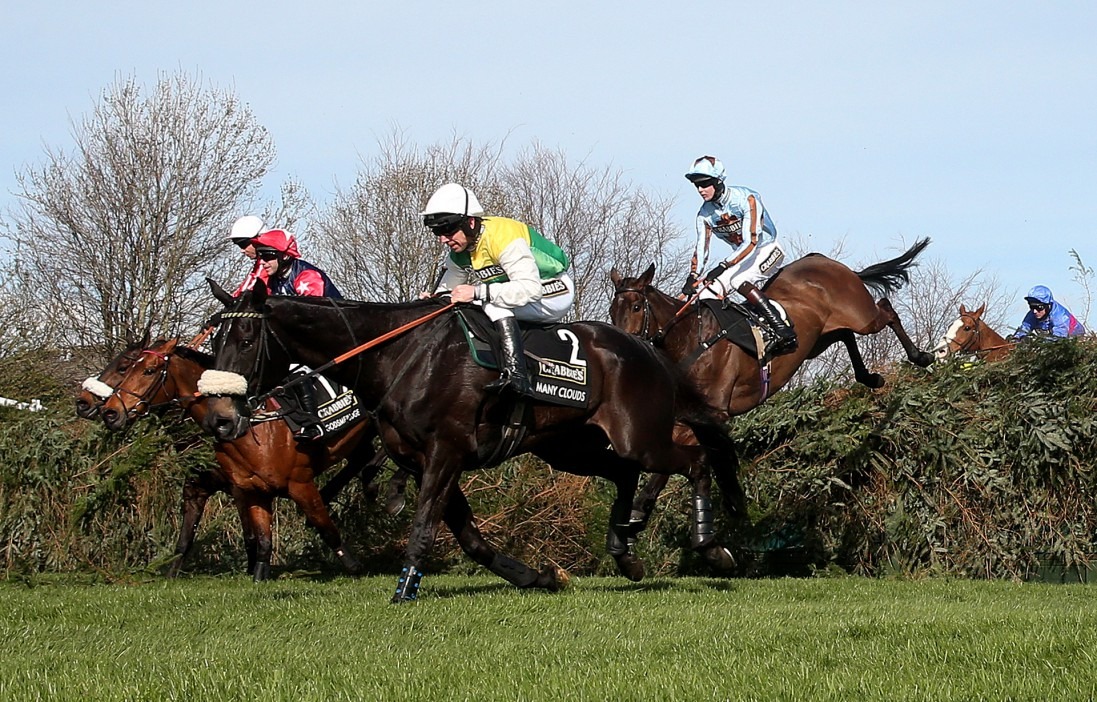Novices’ Hurdle Result at Grand National Festival
The Novices’ Hurdle is in full swing as Grand National day progresses at Aintree. Find out how each horse fared in the 1.55 race below.
1.55 Aintree Result
Stay tuned for the full horse finishing order and placings…
Aintree Schedule Highlights
Curious about the complete Aintree schedule? Here are some key winners from the festival:
Thursday, April 11: Manifesto Novices’ Steeple Chase, Boodles Anniversary 4-y-o Juvenile Hurdle, Aintree Bowl, Aintree Hurdle, and more.
Friday, April 12: Huyton Asphalt Franny Blennerhassett Memorial Mildmay Novices’ Chase, William Hill Handicap Hurdle, TrustATrader Top Novices’ Hurdle, and more.
Saturday, April 13: Bridle Road Handicap Hurdle, Turners Mersey Novices’ Hurdle, Randox Grand National Chase, Maghull Novices’ Chase, and more.
Where to Watch Aintree Races
The Aintree festival spans three days and features seven races each day. Catch all the action on live TV with ITV1 showing five races daily and Racing TV and bookies’ websites streaming the rest.
Gambling Responsibly
Remember to gamble responsibly by setting limits, playing with disposable income, and seeking help if needed. For support with gambling problems, contact the National Gambling Helpline or visit Gamcare and Gamble Aware websites.
Commercial content notice: Explore bookmaker offers responsibly.
Frequently Asked Questions
Different horse breeds require different race training techniques
Race training methods can indeed vary for different horse breeds, as breed characteristics and racing distances differ. For instance, Thoroughbreds, which are commonly associated with long-distance flat racing, undergo different training compared to Quarter Horses, which specialize in sprinting short distances. Each breed has unique physical and behavioral traits that require a tailored training approach.
What’s the role of a jockey in training a racehorse?
Jockeys play a critical role in the training of racehorses. Not only do they ride the racehorses during workouts and give feedback, but they help educate the horse on racing tactics. Good jockeys are able to identify the strengths and weaknesses of their horses, which is essential for race preparation.
What is the age at which a horse should begin racing training?
Horses can start their basic training as yearlings, but most begin their more rigorous race training and conditioning when they are around two years old. Their bodies are still young, and can adapt to the learning process. However, the exact timing may vary depending on the individual horse’s development and temperament.
How can I maintain the mental well-being of my racehorse?
Maintenance of a racehorse’s mental health is as crucial as its physical conditioning. Varied routines, regular turnout to pasture, mental stimulation, and gentle, patient handling all contribute to a racehorse’s psychological well-being. It is important to ensure that the horse interacts with other horses, and maintain a calm and stable environment. This will help prevent behavioral problems and stress.
What is the first step in training a racehorse?
The initial phase of training a racehorse involves a critical stage known as “breaking,” where the horse becomes accustomed to carrying a saddle, bridle, and the weight of a rider. During early sessions, the horse must be taught to accept human contact and wear the equipment throughout his racing career.
What precautions should be taken to ensure the health of a racehorse when training it?
It is important to pay close attention to the health of a racehorse in order for it not be injured or ill. Regular veterinary check-ups, vaccinations, dental care, and proper hoof management are essential. Monitoring the horse’s signs of fatigue, discomfort or strain is equally important. Implementing a well-thought-out training regimen that allows for gradual progression in intensity can help minimize the risk of musculoskeletal injuries.
Statistics
- Gastrointestinal issues affect up to 90% of racehorses during their training, emphasizing the need for careful dietary management.
- An extensive survey indicated that over 90% of racehorse trainers utilize swimming as a low-impact exercise in their conditioning routines.
- The average cost to train a thoroughbred racehorse for one year can exceed $50,000, accounting for expenses related to training, boarding, and veterinary care.
- Racehorse mortality rates during racing have been observed to be between 1.5 to 2 deaths per thousand starts, depending on the racing jurisdiction.
- Statistically, less than 1% of thoroughbred foals born each year will go on to win a stakes race.
- The Injury Database from The Jockey Club reports that synthetic racing surfaces have a lower horse fatality rate than dirt tracks, with a statistically significant difference of 1.2 fatalities per thousand starts on synthetics compared to 2.0 on dirt tracks.
External Links
grayson-jockeyclub.org
bloodhorse.com
thoroughbredracing.com
equibase.com
jockeyclub.com
theridinginstructor.net
How To
How to Start Training a Racehorse
Begin the training of young racehorses with a focus to build trust and familiarity. Introduce a horse to a bridle (or saddle), and let it feel the weight of a rider. Before introducing the trot, teach your horse basic commands, such as walk, stop, and turn. Consistency is key, as is a patient approach, emphasizing gentle reinforcement to build confidence and prevent stress or injury.

